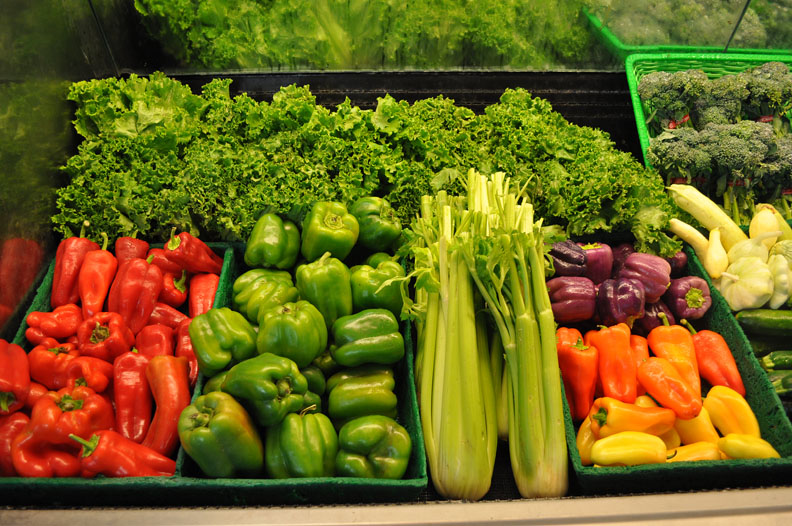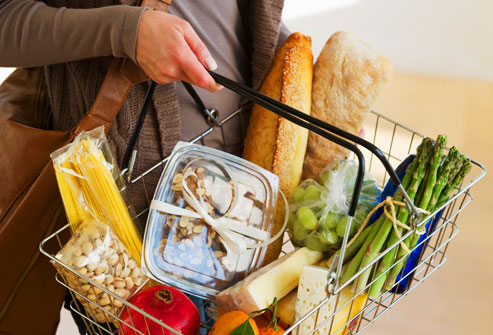
Smart Shopping: 5 Tactics to Cut Down Your Grocery Cost
Posted by Editor on May 10th, 2015 in Lifestyle | 0 commentsRegardless of whether you’re shopping just for yourself or for your entire family, you probably find that grocery shopping takes one of the biggest bites of your paycheck. Even worse, the dizzying selections of foods and goods on display make it even easier for you to spend more.

If you badly need to cut back on your expenses, you’ll surely find these sneaky shopping techniques helpful.
- Pick In-House Brands
Some Singapore grocery shops carry more affordable alternatives to pricey brands with their own product line. These brands are usually much cheaper and carry a whole range of grocery items—from toiletries to canned goods—to choose from.
- Avoid Prepared Produce
While prepared salads and pre-cut fruits and veggies are convenient choices for healthy fixes, they have lesser vitamins and usually wilt faster. Buy fresh fruits and vegetables instead and prepare them yourself. While it requires a bit of labour, it will save you a couple of bucks in the long run.

- Say No to Temptation
Got a sweet tooth? You’re better off avoiding the chocolate and candy lanes. That pack of candies may only cost $5, but imagine how much you can save if you skip buying one every time you go grocery shopping in a month. The same thing goes to whatever food weakness you have. Also, don’t enter the grocery when you’re hungry, as everything tends to look more tempting than usual when your stomach’s empty.
- Grow Some Produce
Grow your own fruits and vegetables at home to save more on expenses. Plant seeds or buy plant seedlings, give them TLC, and you’ll soon reap the benefits of fresh fruits and veggies without the price. For those leaving in condos, try growing a few potted herbs in the kitchen.
- Forget the Basket
If you’re shopping for just a few necessities, forget getting a basket or a cart. It is easier to avoid impulse buying simply because you can no longer carry more items.
Since food is a basic human necessity, it’s impossible to say that we can skip buying them like when buying a new purse or a new pair of shoe. If budget is a major concern, the most important thing to keep in mind when grocery shopping is to know your needs in order to determine which things to buy and which not to buy.

